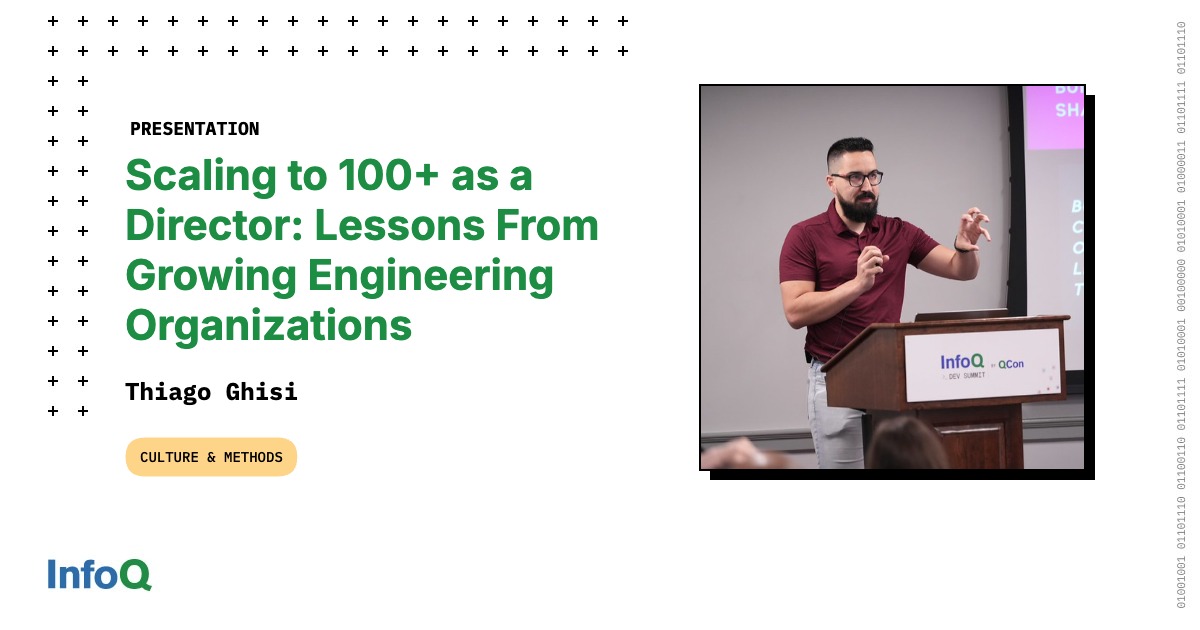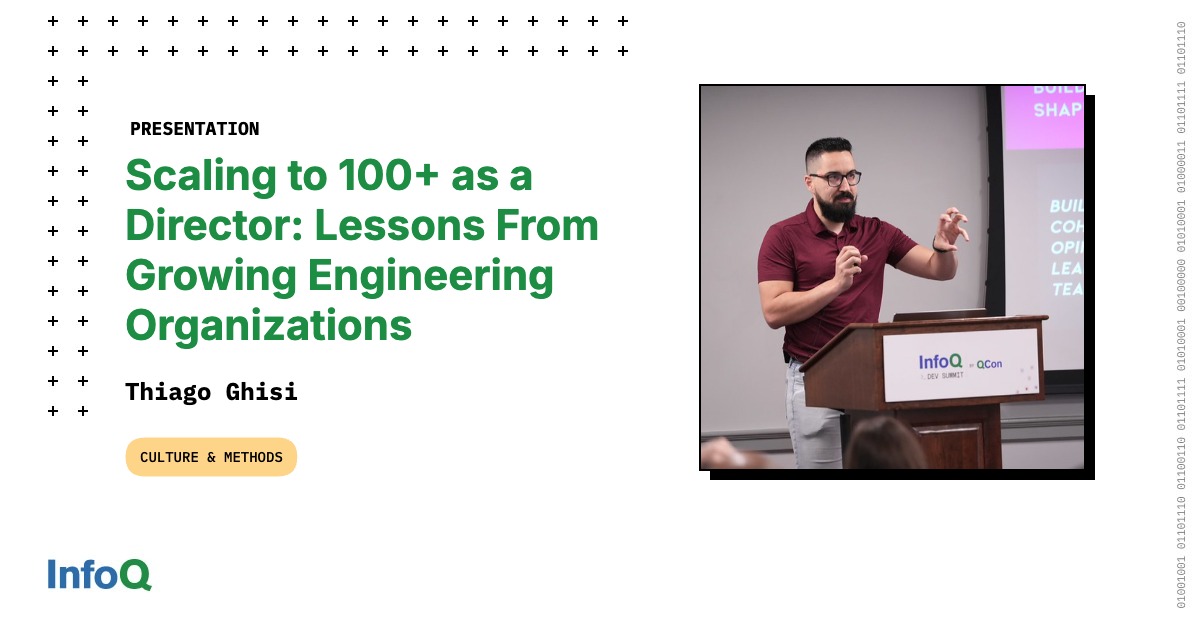#scaling
#scaling
[ follow ]
#leadership #entrepreneurship #engineering-management #collaboration #influencer-marketing #creator-economy
fromEntrepreneur
1 week agoHow Your Intuition Can Become Your Biggest Bottleneck
The founder of one of our portfolio companies created a company with approximately $200 million in revenue purely on instinct. The founder had spent a large amount of time around the products and relationships with customers, so that he could literally go out onto the production floor and identify the machine that would be broken down in a week, and he would reject a price recommendation from his financial staff because "it didn't feel right!"
Startup companies
E-Commerce
fromLondon Business News | Londonlovesbusiness.com
2 weeks agoWhy growing businesses break when operations don't - London Business News | Londonlovesbusiness.com
Scalable businesses need robust systems, clear fulfillment processes, and proactive cash flow planning to prevent operational friction, burnout, and reputation damage as demand rises.
fromBusiness Insider
4 weeks agoI went from fine dining to owning a fast-casual chain. Here are 4 misconceptions about the restaurant business.
I studied hospitality in Switzerland and then came to New York to work under celebrity chefs, Daniel Boulud and François Payard, so I had experience in fine dining. When I decided to open the first Naya in 2008, that was more or less my comfort zone. A week after we launched, we got an amazing article in the New York Times and then we were packed for lunch and dinner. It definitely helped prevent us from shutting down after a few months.
Food & drink
fromFast Company
4 months agoThe pirate playbook for innovating in the AI age
When Steve Jobs wanted to motivate his Mac team at Apple, he didn't give them corporate pep talks or send them to management retreats. Instead, he told them they were "pirates" fighting against the "navy." The message was clear: stay scrappy, stay rebellious, and don't let the corporate machine slow you down. That pirate mentality worked. The Mac team moved fast, took risks, and delivered something revolutionary.
Apple
fromFast Company
5 months agoMake hard things look easy
Let's be real-it's not easy. Scaling a manufacturing company is messy, unpredictable, and often brutal. My job as CEO is not to hide the chaos, it's to cut through it and get to the finish line. We've built systems, habits, and a culture that make the hard things manageable. From the outside that might look like ease. But every single day there is grit.
Business
fromSilicon Valley Product Group
5 months agoProduct Leadership Archetypes - Silicon Valley Product Group
Just recently SVPG Partner Christian Idiodi hosted Shreyas Doshi on his Product Therapy podcast, where they discussed the role of product leadership. If you haven't yet listened to this interview, I would strongly encourage it, as I loved hearing Shreyas' thoughts on this critically important topic. Shreyas described three different archetypes of product leaders: the craftsperson ("it's all about the product"), the operator ("it's about scale"), and the visionary ("it's about the future"). I hope you listen to the full interview as Shreyas shared valuable context and nuance that I consider essential for this foundational topic.
Podcast
fromMedium
5 months agoAgentic AI Summit On-Demand: 10 Must-Watch Sessions Available For Free
The talk covers how leading firms orchestrate agent workflows to handle complex tasks and deliver business value, with examples across telecom, finance, retail, and more. Importantly, it dives into practical considerations for scaling AI agents: establishing governance frameworks to ensure agents behave reliably and transparently, and implementing observability tools to monitor, debug, and optimize these dynamic systems in real time.
Artificial intelligence
Startup companies
fromEntrepreneur
5 months agoThe Key to Building Effective Corporate-Startup Partnerships | Entrepreneur
Corporate-startup partnerships succeed when both sides treat the relationship as ongoing collaboration with active communication, aligned incentives, clear goals, and shared measurement.
fromTechCrunch
7 months agoFormer Tesla president discloses the secret to scaling a company | TechCrunch
"We scaled Tesla in 30 months from $2 billion in revenue to $20 billion in revenue," Jon McNeil stated. Understanding how to measure product-market fit helps assess scaling potential effectively.
Venture
DevOps
fromHackernoon
2 years agoFrom Indie Studios to AAA Deadlines: How SnoopGame Scales Trust | HackerNoon
Quality assurance in game development is not just a process, but a crucial, scalable relationship integral to success.
Scaling QA effectively requires contextual understanding and clear communication, as well as consistency among testers.
[ Load more ]










